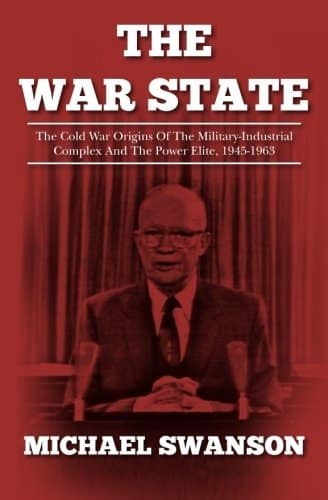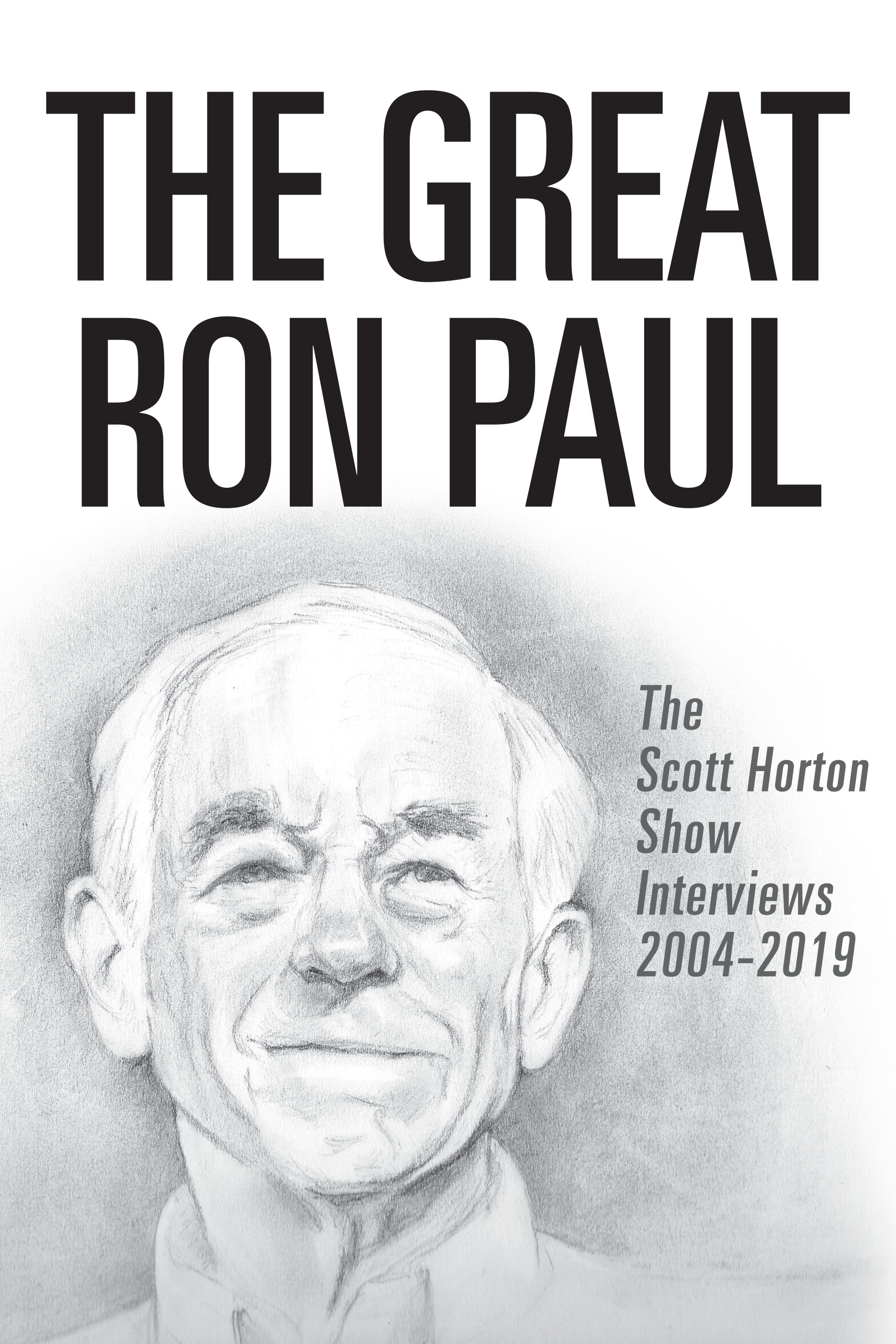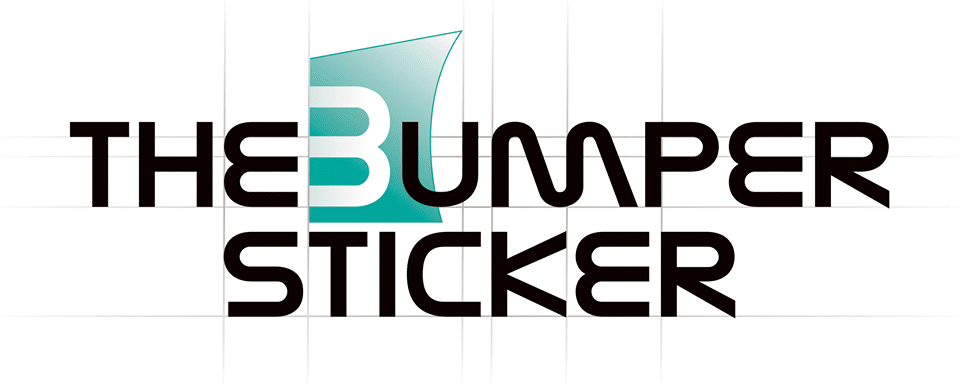Trita Parsi discusses the Bulgarian bus bombing as a possible escalation in the secret war between Israel and Iran; and how electoral politics influenced Obama's diplomatic efforts with Iran, squandering the chance for a peace agreement.
03/27/12 – Trita Parsi – The Scott Horton Show
Trita Parsi, founder and president of the National Iranian American Council, discusses how Iranian sanctions block peaceful diplomatic solutions, making war more likely; the “risk premium” in oil prices, exacerbated by hawkish foreign policy, that hurts Iranians and Americans alike; the daunting resources and time commitment required to eliminate Iran’s nuclear program through invasion and war; the media’s increasingly conflicted narrative on the Iran “threat;” and why the Obama administration...
09/21/11 – Trita Parsi – The Scott Horton Show
Trita Parsi, founder and president of the National Iranian American Council, discusses his article “The coming Republican push on Iran” about the only foreign policy goal the GOP can agree on; why Republicans can always out-hawk Obama, no matter how belligerent he is; why Obama chose to push sanctions on Iran, rather than engage them diplomatically; the politics of the failed uranium swap deal; and why we shouldn’t despair about the few voices arguing with the Iran warmongers – more help is on...
08/08/11 – Trita Parsi – The Scott Horton Show
Trita Parsi, founder and president of the National Iranian American Council, discusses the Mujahideen-e Khalq’s tendency to accuse their critics of working for the Iranian government; how constant US belligerence and the MEK’s violent radicalism serve as useful foils for the Iranian regime – discrediting dissidents and keeping the people in fear; how violent coups beget radical authoritarian governments, while nonviolent methods often deliver democratic results; the many former US officials...
08/23/10 – Trita Parsi – The Scott Horton Show
Trita Parsi, author of the Salon.com article 'A campaign for war with Iran begins,' discusses Israel’s preference for Iran’s Ahmedinejad instead of a moderate president, how Israel’s 'qualitative edge' over the sum total of Gulf states is slipping away, doubts about the practical utility of the U.S.-Israel special relationship and why a U.S. reconciliation with Iran would mean the end of sanctions and expanded Iranian regional influence at Israel’s expense.















